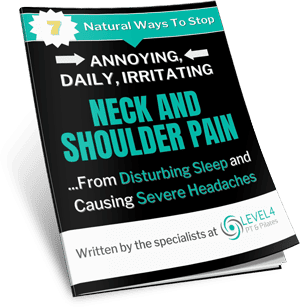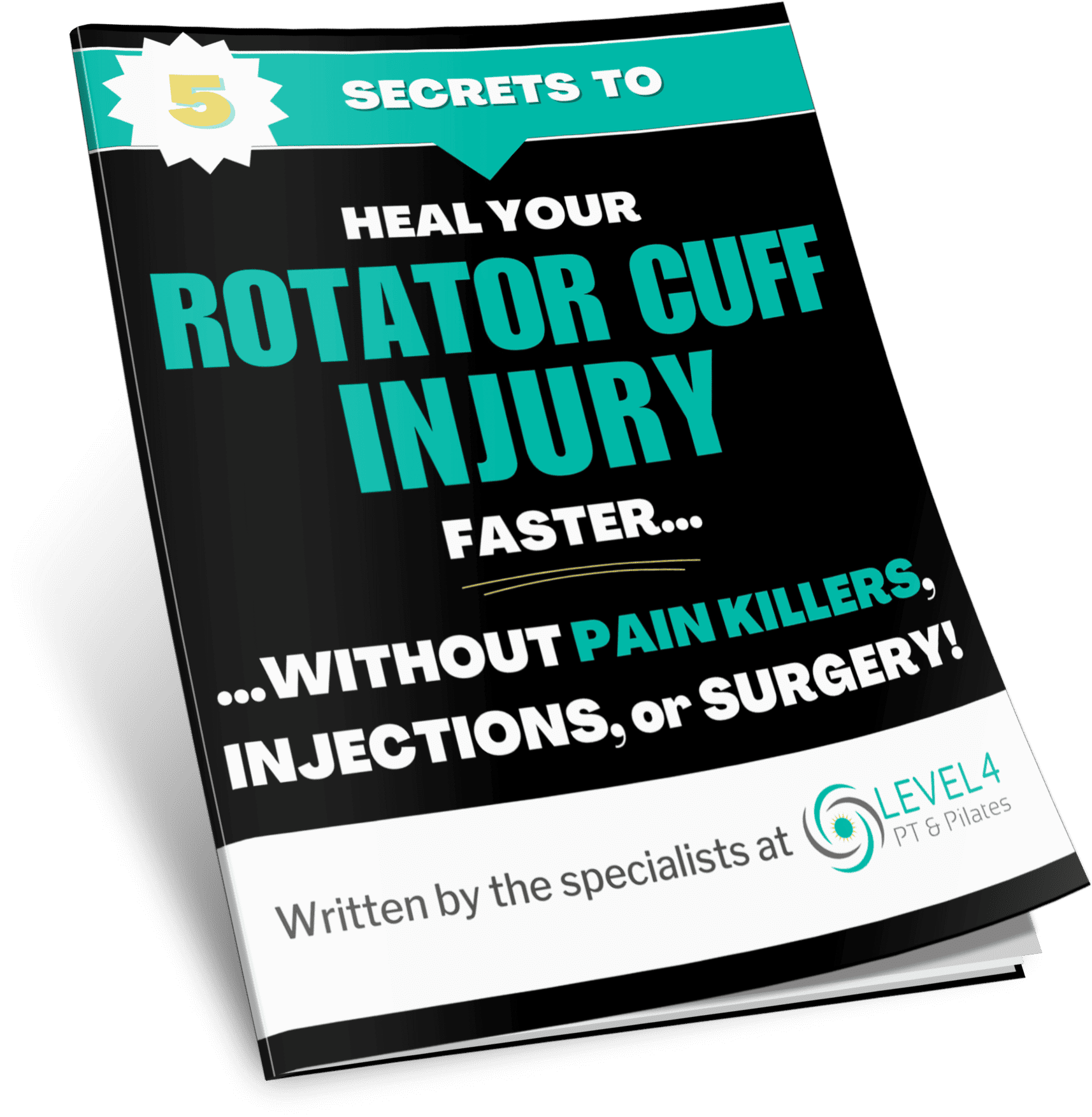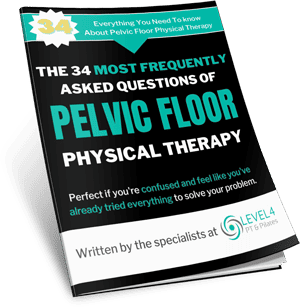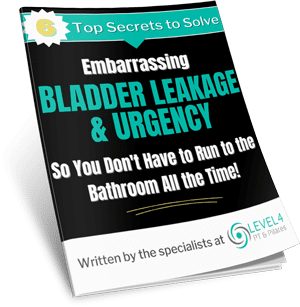Will Cortisone Help My Knee Pain?

Do you have a nagging ache in your knee which is stiff in the morning? Have you been told you have arthritis? Are you wondering, ‘Will cortisone help my knee pain?’ If so, you’ll want to continue reading…
Of the 323 million Americans in 2017, roughly 20% are affected by knee pain (65 million). And every year, there are almost 6 million new cases of knee arthritis diagnosed every single year. And over 50% of those are in people over the age of 65, making it a condition of aging.
This is why I would like to share with you a conversation I recently had with a client of mine by the name of Hector. He’s a 56-year-old male, loves to surf and has been surfing regularly for most of his life, up until about two months ago. Hector has been dealing with some knee pain for about 10 years, but it’s been pretty manageable. And all the way up until two months ago, work got really busy for him and his activity level went way down. He tried to go back to surfing a couple weeks ago, only to find out that his knee pain was much worse than it was before.
A friend of his recommended he get cortisone injections to help with his knee pain. So, Hector asked me, “will a cortisone injection help my knee pain?”
Will Cortisone Help?
The short answer is, “Yes, cortisone will help… SOME!,” but unfortunately, it’s not going to fix the problem. This means the problem is going to eventually come back or the pain is going to return.
The other downside is that cortisone is catabolic, which means it breaks things down. And if your cartilage is already being broken down, you don’t want to be putting in a substance that causes more breakdown. Cortisone can actually cause more problems in the long run, especially when repeatedly done. Now I’m not saying cortisone isn’t warranted. All I’m saying is that you have to be of the understanding that it could actually do more damage than it can good.
So, let’s discuss three tips that you can do to help reduce knee pain naturally.
Movement Is Necessary
You need moderate activity five days a week, for 30 minutes at a time. That has shown to be able to stave off the degradation that normally goes on inside somebody with arthritis. I often tell people, “Motion is lotion and he who rests rots.” So if you’re somebody who has a job that’s fairly sedentary, then there are a few things that you can do, and I’m going to tell you to go back and look at a past blog, where I talk about why sitting is the new smoking.
Activities Are Exercises
Make your everyday activities become your exercise. So, we’ve all gone to the store before, and we’ve all driven and find a parking spot and then go into the store. Well, how about instead of trying to find that stall that’s as closest to the front door as possible, go park in the back and then walk. This little bit will give you more activity over the course of a day, and a week, and a month, and then eventually over the year.
The other thing is the stairs. We often tend to fly up and fly downstairs. So, instead, try to go slowly and in control and this will recruit the muscles of your legs so that you are causing them to work and be stressed in a good way to promote strength. The same thing goes when you get in and out of a chair or off a couch. Try doing it without the use of your hands. This will force your leg muscles, your quads, your hamstrings, and your glutes to fire accordingly, hence causing some strengthening.
How about when you’re on the phone? Instead of sitting in your chair, stand up and walk around. It might look a little funny doing circles in your office, but at least the physical activity is going to increase. And lastly, if you’re at work and you’re at the cooler or at the coffee pot and you’re having a conversation, get your coffee, get your water, and then go do some laps around your building. You’ll find that if you do these little things, that over the course of, again, weeks, months, and years, your physical activity levels will improve.
Weight Management
You want to make sure your weight is properly managed, and for every 10 pounds of excess weight that you carry in your body, that’s anywhere between 30 and 70 pounds of extra pressure to your hips, knees, ankles, and low back. It’s no wonder that being overweight or carrying excess weight is a cause for a lot of our health problems. Now, how you go about doing that, that’s entirely up to you or go seek the counsel of a nutritionist or registered dietician so they can help point you in the right direction.
Final Thoughts
So, there you are… three tips to help you with alleviating or decreasing stiffness and knee pain. There is simplicity associated with two of these tips. Will cortisone help? Yes… but with potentially only short term relief. Keep yourself moving throughout the day and resist the urge to sit all day at work. The last one can take time to occur, but put yourself on the right path and make the necessary changes for the better.
If you want more answers to some of these common questions, please click the button below.
Dedicated to your health,
Dr. Oscar Andalon, DPT, STC, MTC, CSCS, SFMA
- Can Physical Therapy Help My Muscles After Having Covid? - January 26, 2022
- The Real Story Behind What’s Causing Your Sciatica - August 30, 2021
- Should I Have Surgery to Repair a Tear in My Rotator Cuff? - February 9, 2021


















